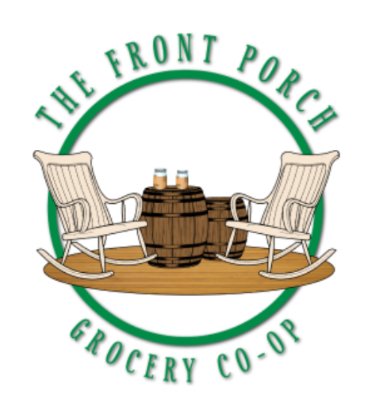
Co-ops: Empowering and transforming communities.
Join a study group to learn more.
FAQs
-
A cooperative business is a member-owned and democratically controlled enterprise that operates for the mutual benefit of its members. Cooperartive prioritize shared decision-making, equitable distribution of profits, and serving community needs over maximizing investor returns.
-
A cooperative business is owned and governed by its members, who share in decision-making and profits, whereas traditional businesses are typically owned by investors or shareholders who prioritize financial returns. Cooperatives focus on meeting the needs of their members and the community rather than maximizing profits for outside investors.
-
Cooperatives exist across various industries and can include worker cooperatives (owned by employees), consumer cooperatives (owned by customers), producer cooperatives (owned by suppliers or farmers), and housing cooperatives (owned by residents). Each type operates on the same democratic principles but serves different member needs.
-
Cooperatives promote local economic development by keeping wealth within the community, creating jobs, and providing goods or services that meet local needs. They also foster democratic participation, ensuring that businesses operate with transparency and accountibility to their members.
Exploring Cooperatives
The Study Circle Journey
Let the learning adventure begin! Check out the outline of our study circle sessions, facilitated by experienced cooperators, designed to guide communities through the fundamentals of cooperatives, from understanding the model to launching and sustaining successful cooperative enterprises.
Themed Sessions
Introduction to Cooperative and the Power of Collective Action
The Cooperative Development Process
Addressing Food and Digital Deserts through Cooperative
Financing and Sustaining Cooperatives
The Future of Cooperatives in our Communities
Our Partners

Donate
Donate
Support our mission by
contributing today.




